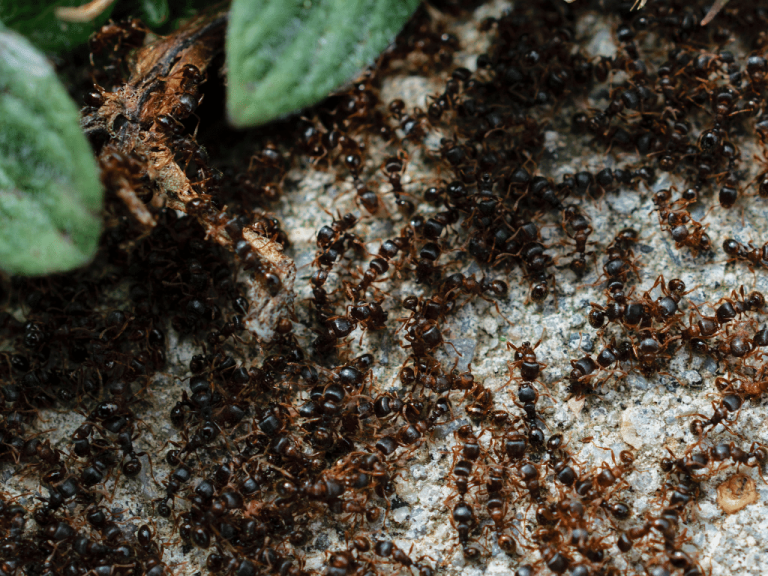In summer, at the edge of the forest, you often see many ants of various sizes crawling around, carrying dead leaves, insect remains, soil, and so on. Sometimes, when they encounter each other, they gather in groups and engage in fierce battles.
Why do ants fight? The famous British biologist and proponent of evolutionary theory, Charles Darwin, stated in his theory of “struggle for existence” that “all organisms in nature must fight against unfavorable environmental conditions, enemies, and competitors to obtain food, water, sunlight, living space, and to reproduce. The result of these struggles inevitably leads to the death of a large number of individuals.” He also categorized the struggle for existence into three types: the struggle of organisms against inorganic natural conditions, interspecific struggle, and intraspecific struggle.
Some entomologists believe that ant fights are caused by competition for food and thus use the theory of intraspecific struggle to explain it.
However, many entomologists believe that it is not an intraspecific struggle but a chemical coercive reaction.
To prove this phenomenon, they conducted the following experiment: they placed ants from different nests together. When their antennae touched, they immediately started to fight and kill each other. Conversely, when ants from the same nest were placed together, they not only did not fight but also fed each other when they met.
Entomologists explain the above facts as follows: ants from different nests have a unique “nest scent.” This “nest scent” varies according to the building materials of the nest, stored food, and the ants’ secretions. Every ant can identify this “nest scent.” Once they discover that another ant is not a member of their nest, they start to fight and kill each other, gradually leading to a “battle.” Interestingly, if the fighting ants are washed with water to remove their “nest scent” and then placed together, they will meet and then peacefully walk away. If a scent is sprinkled on an ant, it cannot return to the nest and is mistaken for an enemy by its nestmates and driven away.
Some also believe that ant battles are directly related to the size of the group. When different ant colonies encounter each other, it immediately triggers a fight. The chances of a fight are relatively reduced when individual ants encounter each other.

